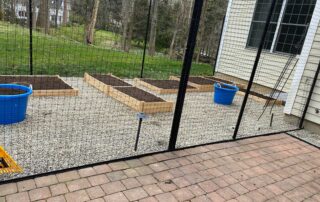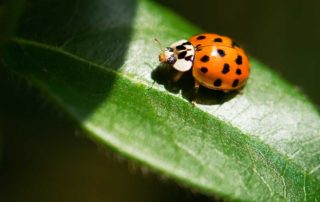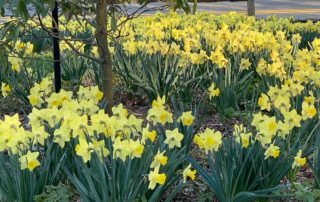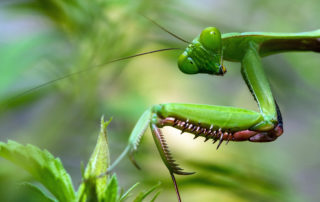Poison Ivy Eradication
We had the good fortune of being contracted to remove a massive growth of poison ivy. Growing to a height of 8 to 10 ft with trailers climbing tress up to 35 or 40 feet, it was growing alongside a small stream bed/culvert area which led to its spread to a nearby athletic playing field of a muncipal school.







